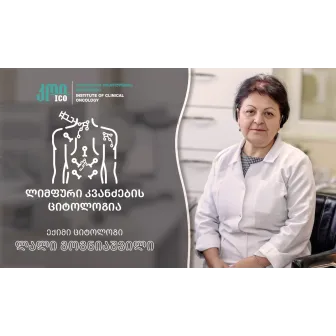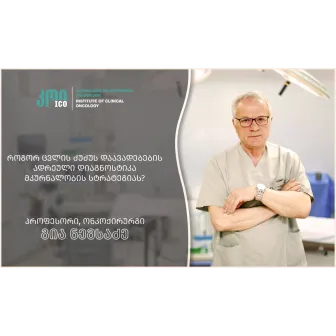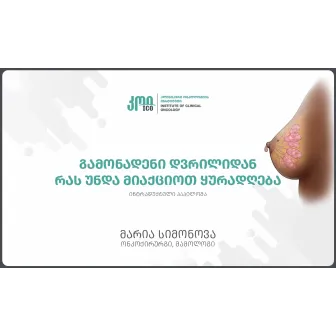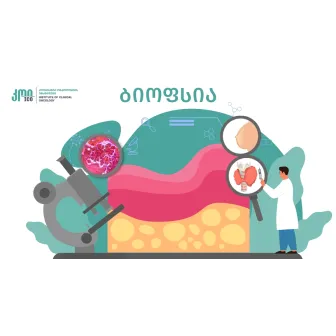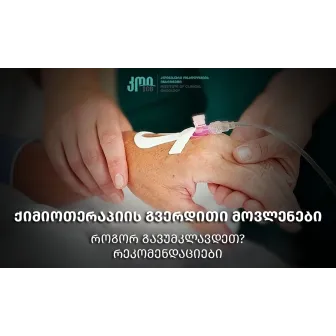What is endocrine therapy and what does hormone-positive breast cancer mean, what clinical situations exist, and how hormone therapy works? These are the tolics we are discussing with a clinical oncologist of the Institute of Clinical Oncology, Nino Chichua.
1. When is hormone therapy used?
Endocrine therapy (hormone therapy) ia actively used to treat hormone-positive breast cancer.
- What does hormone positive breast cancer mean?
Hormone-positive breast cancer implies the expression of estrogen and/or progesterone receptors in tumor tissue that are stimulated by estrogen and progesterone, contributing to the tumor growth.
The presence of these receptors in tumor tissue leads to the synthesis of estrogen antagonists: aromatase inhibitors, selective estrogen receptor modulators and blockers, and gonadotropin-releasing hormone analogs, which aim to block the effects of estrogen on tumor cells.
In premenopause age, the source of estrogen is the ovaries, while during menopause, it is the adrenal cortex and adipose tissue.
In premenopause women, estrogen levels can be reduced by ovarian ablation, which is accomplished through ovariectomy, radiation therapy, or by applying gonadotropin-releasing hormone antagonists. In addition, the selective estrogen receptor modulator Tamoxifen is used, which reduces the effect of estrogen on tumor tissue
3. What are the clinical situations and what tactics are available?
1. Early breast cancer:
Endocrine therapy is usually given after surgery or chemotherapy and continues for 5-10 years.
Neoadjuvant therapy: Sometimes, endocrine therapy is given before the surgery to reduce a tumor and make surgery more effective.
3. Metastatic disease:
The focus is made on stopping tumor growth and improving the patient's quality of life.
4. Does this method have any side-effects?
Due to its mechanism of action, hormone therapy has side effects. The use of Tamoxifen in premenopausal women causes symptoms similar to menopause: night sweats, joint pain, vaginal dryness, and endometrial hyperplasia.
Hormone therapy increases the incidence of osteoporosis and bone fractures, especially in menopausal women, so it is necessary to assess the condition of the skeletal system during treatment, which is carried out by determining bone mineral density (DEXA SCAN). Regular monitoring helps to detect osteopenia at an early stage and timely eliminate the process.
To reduce the risk of osteoporosis, women on hormone therapy are recommended to get engaged in regular physical activity and maintain a healthy lifestyle (no smoking and alcohol). If needed, calcium and vitamin D complexes (bisphosphonates and denosumab) - drugs that reduce osteopenia and relatively the risk of fractures are prescribed. Endocrine therapy is one of the most important and relatively less toxic methods of treating hormone-dependent forms of breast cancer. The survival rate of patients is significantly increased.
Endocrine therapy is one of the most important and relatively less toxic treatment for hormone-dependent forms of breast cancer. It significantly increases the patients’ survival rate.
- Views:10348








